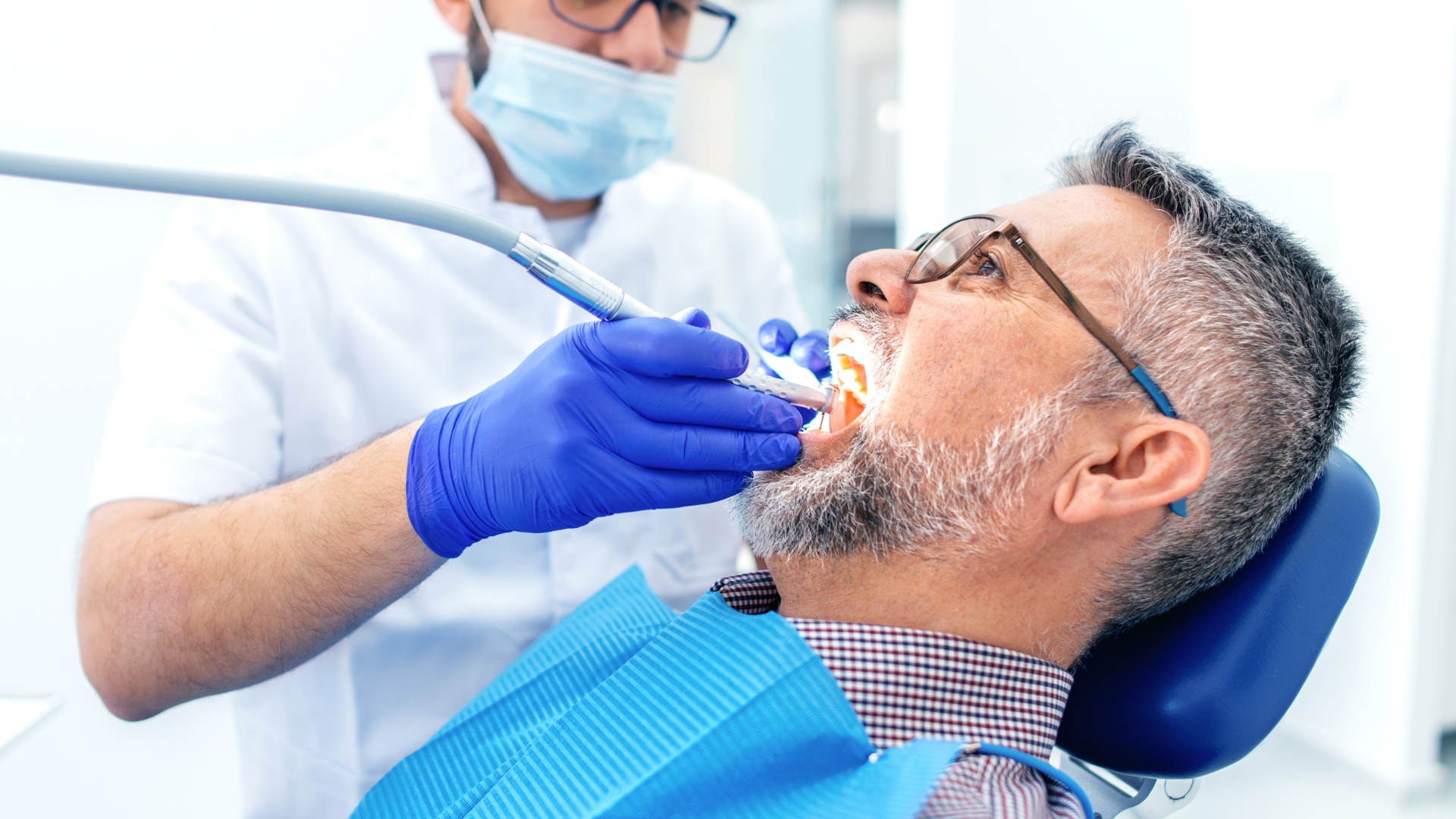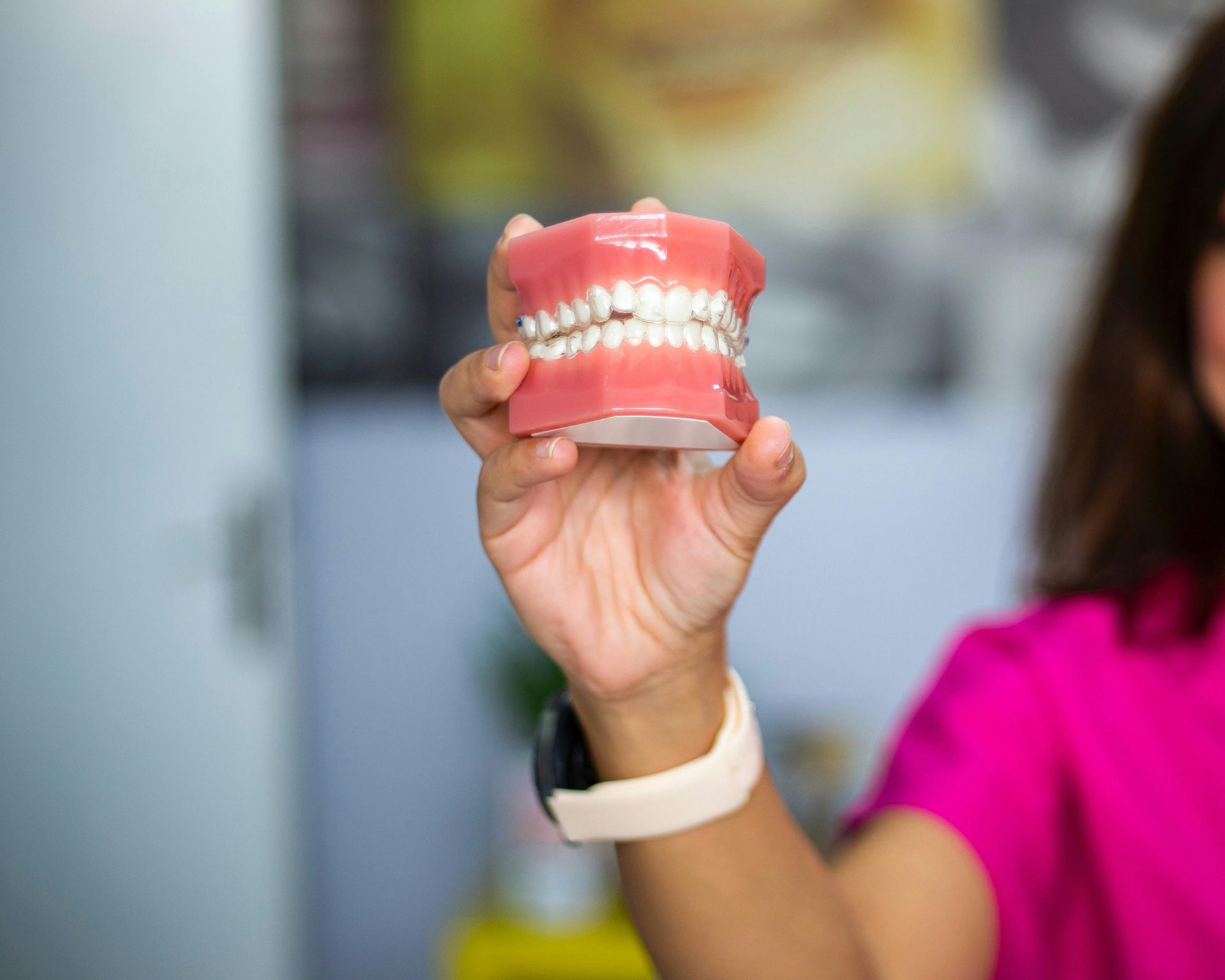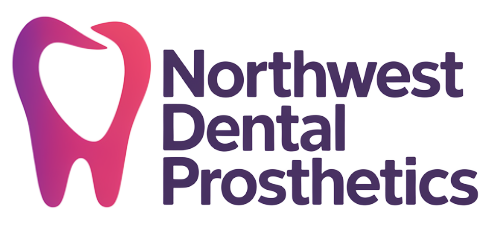Why Replacing Missing Teeth Is About More Than Looks
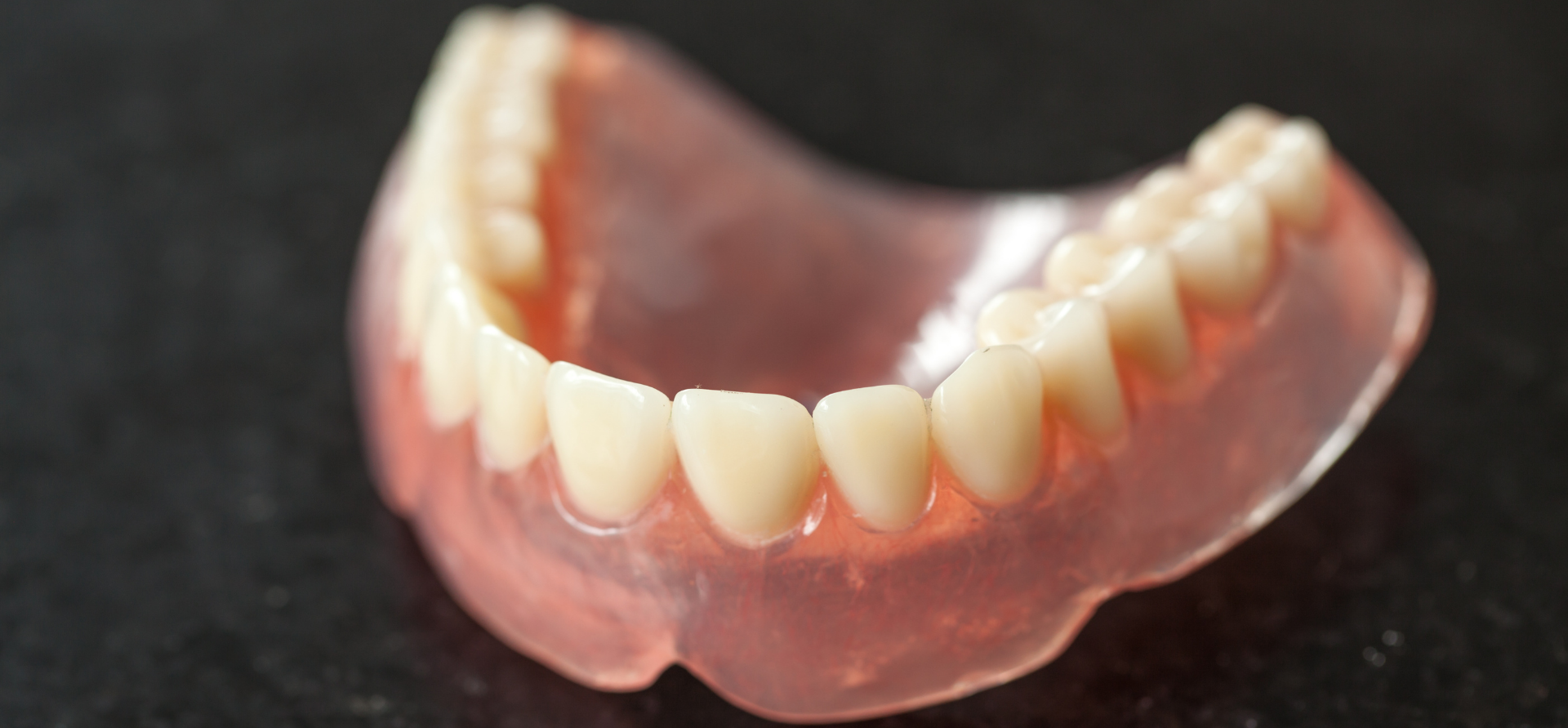
When people think about replacing missing teeth, cosmetic concerns often come to mind first. After all, a complete smile can greatly improve self-esteem and confidence. But what many don’t realize is that restoring missing teeth goes far beyond appearance—it plays a vital role in your overall oral health, function, and even your long-term well-being.
At Northwest Dental Prosthetics, we’ve seen firsthand how dental prosthetics can transform not just how a person looks, but how they chew, speak, and feel day to day. Let’s break down why replacing missing teeth is a decision that supports your health—not just your smile.
1. Chewing and Nutrition Take a Hit
Each tooth in your mouth plays a specific role in breaking down food. When even one is missing, your ability to chew properly can be affected. This often leads patients to avoid certain foods—like crunchy vegetables or chewy meats—that are essential for a balanced diet.
Over time, this can result in nutritional deficiencies, digestive problems, or unintended weight loss. Replacing missing teeth with well-fitted prosthetics, whether it’s a bridge, denture, or implant, helps restore full chewing ability and supports better nutrition and digestion.
2. Speech and Communication Can Suffer
Teeth are essential not only for eating but for clear speech. Gaps in your smile—especially if they involve the front teeth—can change the way air flows through your mouth and cause difficulties pronouncing certain words or sounds.
Many patients are surprised to find that their speech improves significantly once their teeth are restored. It’s one of those subtle, quality-of-life improvements that can make a big difference in day-to-day social interactions.
3. Your Bite Alignment May Shift
When a tooth goes missing, the teeth around it can drift or tilt into the empty space, disrupting your bite. This misalignment can lead to jaw pain, headaches, and even issues with the temporomandibular joint (TMJ). It may also wear down other teeth prematurely as your bite becomes unbalanced.
Replacing missing teeth helps maintain your mouth’s natural structure and ensures that your remaining teeth stay in their proper positions.
4. It Supports Mental and Emotional Well-Being
The psychological effects of missing teeth shouldn’t be underestimated. Many patients tell us they avoid smiling in photos, speaking in public, or even socializing altogether because of embarrassment about their teeth.
Replacing missing teeth not only restores your smile—it often restores your confidence. Patients regularly report improved self-esteem, reduced anxiety, and a more active social life after treatment.
The Bottom Line
Yes, replacing missing teeth improves how your smile looks—but it also protects your oral health, helps you eat and speak properly, maintains your facial structure, and boosts your emotional well-being. Whether you’re missing one tooth or several, prosthetic solutions like implants, bridges, and dentures can make a powerful difference.
At Northwest Dental Prosthetics, we’re committed to finding the right solution for your needs and lifestyle. Contact us today to schedule a consultation and take the first step toward a healthier, more confident you.
Interested in learning more about your tooth replacement options? Book a consultation with our prosthodontic team at 970-824-2197.
